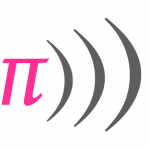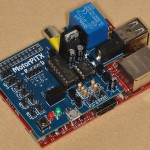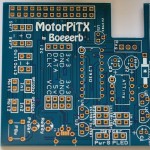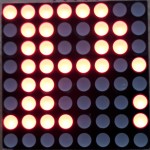
I watched one of Carrie-Anne Philbin’s Geek Gurl Diaries videos yesterday about the newly released Sonic Pi application. Sonic Pi is a clever way of introducing programming concepts through making music. It looked like fun, so I had to have a play straight away. I have a ‘musical past’, so this was rather irresistable. For some time I’ve been harbouring an urge to make a solenoid-powered glockenspiel play Rimsky-Korsakoff’s “Flight of the Bumblebee”, which is an amazing piece because it’s so fast. Solenoids are costly, software isn’t But that’s a really expensive project (solenoids + […more…]








